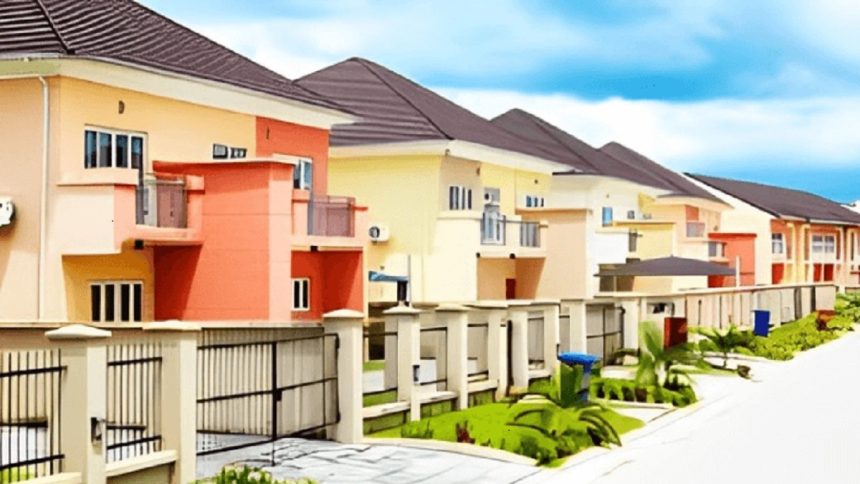ESV Daniels Yakubu Ogwu
All over the world, the private sector plays a catalytic role in overall economic growth and development, leveraging government policies and agendas to harness the opportunities available in that country.
The real estate sector is one of the sectors that depend on the available government infrastructure for housing development and other real estate activities. To this end, the private sector’s role in providing affordable housing in Nigeria cannot be overemphasized.
Affordable housing is a very major challenge in Nigeria, especially in the urban areas. The rapidly growing Nigerian population, urbanization, the tough economic environment, the quest for modern and smart homes has all led to the escalating housing challenges in Nigeria. By the estimation of the United Nations (UN), Nigeria’s housing deficit is put at 17 million. Also,by available statistics and predictions from the relevant development agencies, the gap will keep widening if urgent steps are not taken by the government at all levels to address this economic challenge that is bedeviling the Nigerian growing population.

As the country works towards bridging its housing deficit, there is a need for the government to partner with the private sector in the provision of affordable housing for Nigerians. It has been widely acknowledged that the expertise and professionalism needed for massive and affordable housing for Nigerians are all domiciled in the private sector. Activities of the real estate sector are characterized by the huge presence of professionals like the estate surveyors and valuers, quantity surveyors, architects, engineers, marketing and communication experts. These are resources the government should leverage in addressing the Nigerian housing deficit.
No one can wish away the fact that the booming of modern and smart houses as being experienced in Nigeria is as a result of collective efforts being made by real estate professionals that are players in the private sector.
The role of the government in the provision of affordable housing in Nigeria is simple. The needed business environment should be provided for businesses and the real estate sector to strive. Formulate the needed friendly and macroeconomic policies that will make housing funds available to developers. Create friendly tax policies for the housing sector; from the stages of importing cum buying of building materials to the finishing end of housing projects.
Nigeria is a country with people of uncommon entrepreneurship drive, and if all the itemized points above are met by the government and sustained over time, the growing housing deficit in Nigeria will be tamed for the good of Nigeria as a developing country, and all those who are living in Nigeria.
With the Nigerian growing population that is estimated to hit 229.00 million by 2025, there is every need for the government to leverage the private sector in its quest to bridge the housing deficit and provide quality, affordable and smart homes for Nigerians. For the needed economic growth and development to take place and be sustained over time, affordable housing is a must.
ESV Daniels Yakubu Ogwu is a Nigerian businessman, real estate professional, and a member of the Nigerian Institution of Estate Surveyors and Valuers.



